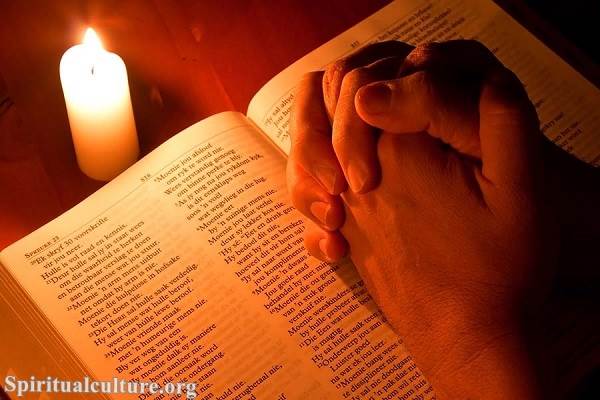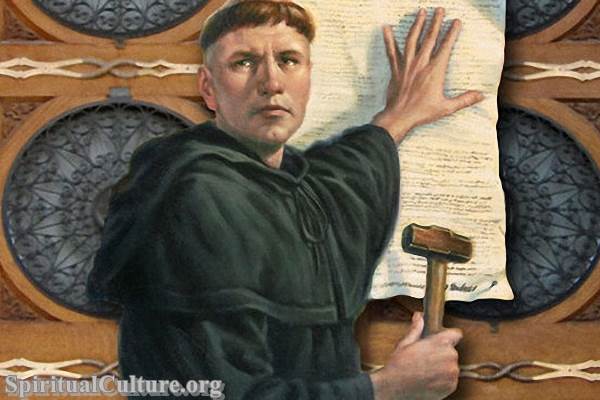The term ‘Protestantism’ has been tossed around in the religious sphere for centuries, and yet, its comprehensive understanding remains elusive for many. To fully grasp the Protestantism definition, we need to delve into the historical, theological, and sociopolitical aspects that have shaped this significant branch of Christianity.
Protestantism: A Historical Overview
Protestantism, at its core, is a form of Christian faith that originated in the 16th century during the Protestant Reformation. Spearheaded by Martin Luther in Germany, the Reformation was a movement against perceived corruption and doctrinal inaccuracies within the Roman Catholic Church. The term ‘Protestant’ was coined after the ‘Letter of Protestation’ was signed by Lutheran princes at the Second Diet of Speyer in 1529.
Protestantism, as a collective term, encapsulates various denominations that may differ in their theological beliefs but share common historical roots and some fundamental doctrines. These denominations include Lutheranism, Calvinism (Reformed Protestantism), Anglicanism, Baptist churches, Methodism, and many more.
Theological Tenets of Protestantism
Protestantism rests on several key theological principles, which are often referred to as the ‘five solas.’ These are Sola Scriptura (Scripture Alone), Sola Fide (Faith Alone), Sola Gratia (Grace Alone), Solus Christus (Christ Alone), and Soli Deo Gloria (Glory to God Alone).
Sola Scriptura underlines the Protestant belief in the Bible as the ultimate authority on Christian faith and life. Contrary to Catholicism, which also considers church traditions and the Pope’s teachings authoritative, Protestants believe that all necessary truths about God, salvation, and life are contained within the scriptures.
Sola Fide emphasizes that salvation is received through faith in Jesus Christ alone, not by human deeds or merits. Similarly, Sola Gratia asserts that this saving faith is a gift from God, given out of His grace. Solus Christus states that Christ is the only mediator between God and humanity, negating the Catholic practice of praying to saints. Finally, Soli Deo Gloria insists that all actions should be done for God’s glory alone, not for human glorification.
Protestants and their Impact
Protestants, the adherents of Protestantism, have had a profound impact on various spheres of life. From shaping modern democracy and advocating for human rights to influencing literature, music, and art, their contributions are far-reaching.
The Protestant work ethic, a concept popularized by sociologist Max Weber, suggests that Protestants’ emphasis on hard work, frugality, and individual responsibility has significantly contributed to the rise of capitalism.
Moreover, the Protestant principle of ‘the priesthood of all believers,’ which asserts that every Christian has direct access to God and can interpret the Bible, has democratized religion and promoted literacy. It has also encouraged the translation of the Bible into vernacular languages, making it accessible to common people.
Conclusion
In essence, the Protestantism definition encapsulates a diverse and dynamic movement within Christianity that has had a significant impact on religious thought and global culture. Protestantism, with its emphasis on the authority of the Bible, the primacy of faith for salvation, and the priesthood of all believers, has profoundly shaped the lives of millions of Protestants worldwide.
While Protestantism continues to evolve, adapting to changing cultural and societal contexts, its core tenets remain constant. They serve as a guiding light for Protestants, helping them navigate their spiritual journey and influencing their worldview. Understanding Protestantism is not just about comprehending a religious phenomenon; it is about appreciating a significant facet of human history, culture, and spirituality.



